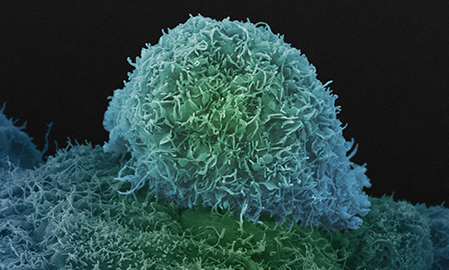The American Cancer Society estimates that over 1.6 million new cancer cases will be reported in the US this year, but the number is a ball-park figure, because it does not include basal cell and squamous cell skin cancers and in-situ carcinomas except urinary bladder, which are not uploaded to a national registry.
This number is in addition to the almost 590,000 patients the non-profit expects will die of cancer this year.
While these numbers provide some context behind the industry’s oncology focus, including shifts like those seen at Bristol-Myers Squibb and Merck to make it a priority disease state, the World Health Organization’s 2014 report shows the extent to which solutions are needed.
The latest numbers from 2012 showed that there were 14 million new cancer cases worldwide, and researchers for the WHO’s International Agency for Research on Cancer expect this annual number will jump to 22 million new cases over the next 20 years.
While the ACS says conditions like poor nutrition, insufficient activity, obesity or being overweight trigger around 33% of cancers in developed economies, the WHO’s researchers pinned much of the effects of cancers in developing countries to two factors: lack of early detection and access to treatment.
WHO researchers also noted that while developing countries may be awash in information, it’s not adding much to the daily interventions that can drive down cancer rates, noting that “about half of all cancers could be avoided if current knowledge was adequately implemented.”
Both developing and mature economies could benefit from low-cost measures, but researchers note that going from concept to practice requires legislation that promotes health maintenance, such as the WHO’s international treaty to tax and restrict tobacco advertising to reduce consumption. Researchers recommend exploring similar strategies for items such as alcohol and sugar consumption and exposure to air pollution, among other items.
Such measures require a significant amount of political savvy and patience. Former New York Mayor Michael Bloomberg managed to pressure the food industry to eliminate trans fats through a legislative workaround that bypassed legislators, but his efforts to curtail the size of sweetened beverages flopped.
Sugar lobbyists have been credited with killing state measures to implement such limits, but Bloomberg’s effort was partly hampered by its complexity, such as a provision which let some outlets—such as grocery stores—sell large bottles of soda, while smaller venues, could not. A court ruled the former mayor’s attempted soda ban was a public policy overstep.







